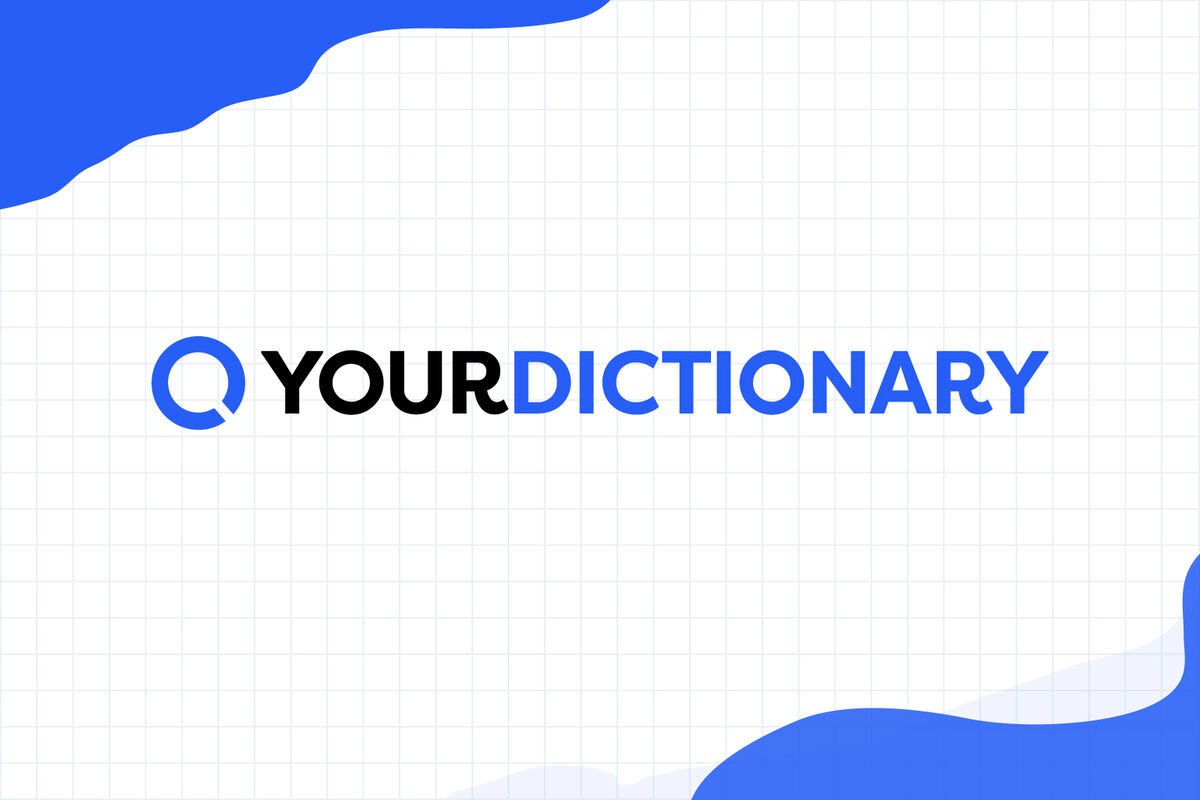
Ninth grade spelling is basically a mixed bag of strengthening skills students hopefully picked up in their last eight years of education. They aren't kids anymore, and now is the time that they'll be acquiring specialized skill sets that will stay with them for the rest of their lives. In order to put those skill sets to use, they'll have to be able to adhere to a few conventions and know how to decode new words they encounter.
Learning Spelling Words While Reading
Ninth grade students will be expected to read more than they've ever read before. Every class will give them piles of things to read, and there's really no avoiding it. Students have to be able to understand what they read in order to be effective learners.
That sounds like a no-brainer, but many teachers encourage somewhat of a zombie approach to reading assignments. Read, read, read, they tell their students, but some teachers don't check that the students are doing the reading, and still more operate under the expectation that students are understanding everything book they peruse.
Every adult can remember nights in their rooms staring blankly at text books. You read three chapters, and then you can't remember anything at all. Hopefully, you read enough to pass the test, but wouldn't it have been nice to have absorbed more of the material?
That's where ninth grade spelling words come in. The more words students already know, combined with their ability to decode new words, the better they will retain the information they read.
In the ninth grade, students will read around one million words. Many of those words will be new. If students can't figure out what those words mean, they won't be learning the material. It's that simple.
Skills to Drill
There are some skills that need to be drilled by whatever means possible into the heads of students. Make a game out of learning and practicing the skills needed to be a successful high school student, and the benefits will be immeasurable.
- Alphabet - The alphabet is pretty important when it comes to spelling. Don't take for granted that a ninth-grader knows his ABC's. Just because he knows the song doesn't mean he knows the sounds each letter makes and how those letters relate to one another in words. Have your student alphabetize some things. Ask him or her to spell words that have each letter in it. How many sounds can he think of for the letter "e"? Try the alphabet backwards. Students who learn the alphabet well will always be ahead of everyone else in life. Plus, knowing the alphabet backwards is a great party trick.
- Syllables - Students should know how to break words into syllables because it makes it easier to spell them. As a rule, every syllable has a vowel in it. Consonants change depending on which vowels are placed after them in suffixes or before them in prefixes. There are patterns like words that end in a single consonant like "nag" double that consonant with an extra syllable in "nagging." Patterns are easy to recognize the more one reads.
- Rhythm - Rhythm is important because they will be reading more literature. Literature usually includes poetry. Poets work arduously to meter their verse, and the enjoyment of their labor is ethereal. Rhythm is directly linked with syllables for obvious reasons, so spelling is crucial to the enjoyment of spelling. Poets also play with spelling quite a bit, which is fun for all those who are spelling masters.
Learn Words Now for the Future
The world is getting much bigger for ninth-graders. They cannot afford to be zombie learners anymore. Remembering word lists is something they'll have to do for the rest of their lives, but how they apply what they learn is something entirely different. Your job, or your responsibility, is to make sure your ninth-graders have the foundation on which they can build complex and abstract thought. Don't let them down.